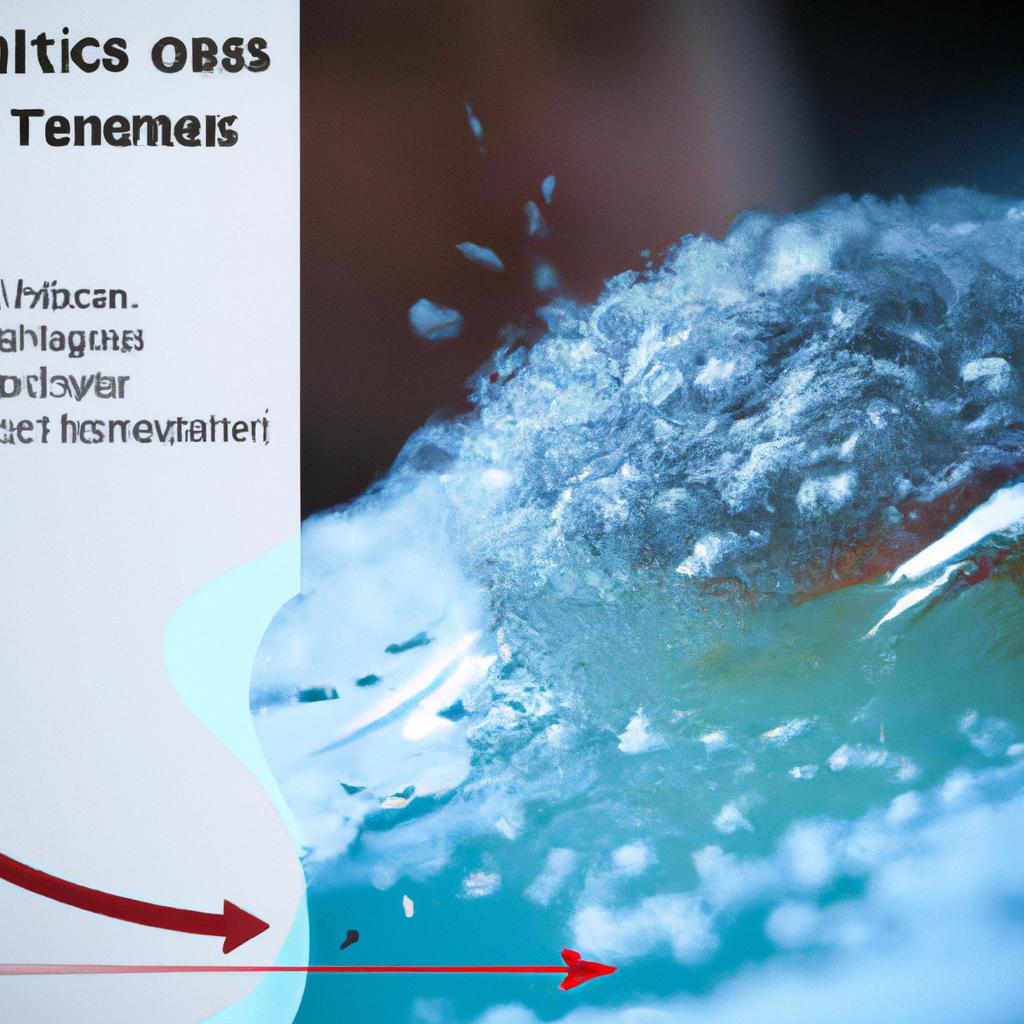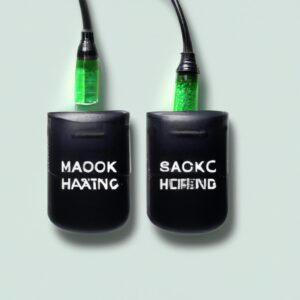**”The Neurophysiological Effects of Cold Water Immersion on Stress Reduction: How Ice Baths Influence the Brain and Body Connection”**
The Neurophysiological Effects of Cold Water Immersion on Stress Reduction: How Ice Baths Influence the Brain and Body Connection
In recent years, cold water immersion has gained significant popularity as a practice for enhancing physical and mental well-being. Athletes often use ice baths to expedite recovery, yet the benefits extend far beyond mere muscle repair. This blog post delves into the neurophysiological effects of cold water immersion on stress reduction, exploring how these icy encounters influence the intricate brain-body connection.
Understanding Cold Water Immersion
Cold water immersion refers to the practice of exposing the body to cold water, typically below 15°C (59°F), for a specific duration. While some may view this as a mere fad, scientific research suggests that this practice can profoundly affect the brain and body, particularly regarding stress response.
The Science Behind Cold Exposure
When the body is subjected to cold temperatures, it triggers a series of physiological responses. Initially, blood vessels constrict, reducing blood flow to the skin and extremities. However, this is only the beginning. Once the body acclimates to the cold, it begins to release various neurotransmitters, including norepinephrine and dopamine. These chemicals are vital for mood regulation and stress management.
Moreover, cold exposure activates the sympathetic nervous system, leading to increased heart rate and blood pressure. This “fight or flight” response can create a sense of alertness, which may help combat feelings of fatigue and lethargy. Consequently, individuals often report improved mood and reduced anxiety after cold water immersion.
The Neurophysiological Benefits of Ice Baths
Enhanced Mood and Resilience
One of the most remarkable effects of cold water immersion is its ability to enhance mood and resilience. Research indicates that exposure to cold can elevate levels of norepinephrine, a neurotransmitter linked to mood regulation. Additionally, the release of endorphins during cold exposure can lead to feelings of euphoria. Therefore, incorporating cold water immersion into your routine may not only reduce stress but also improve overall mental well-being.
Stress Hormone Regulation
Furthermore, cold water immersion has been shown to regulate cortisol levels, the primary stress hormone in the body. High cortisol levels can contribute to anxiety and depression, making it essential to find ways to mitigate its effects. Studies suggest that regular exposure to cold water can lead to a decrease in cortisol production, offering a natural strategy for stress management.
Moreover, the practice of ice baths can help improve the body’s stress response. When exposed to the cold, individuals learn to control their breathing and heart rate, which can translate to better stress management in everyday situations. This learned resilience can be invaluable for individuals dealing with high-pressure environments.
Nutrition Tips for Maximizing Benefits
To optimize the effects of cold water immersion, it is crucial to complement this practice with proper nutrition.
Hydration is Key
First and foremost, hydration plays a vital role in the effectiveness of cold exposure. Water helps regulate body temperature and ensures that the body can respond appropriately to cold stress. Therefore, drink plenty of fluids before and after an ice bath.
Nutrient-Rich Foods
Moreover, incorporating nutrient-rich foods can enhance recovery and improve overall health. Foods high in omega-3 fatty acids, such as salmon and flaxseeds, can reduce inflammation, complementing the benefits of cold water immersion. In addition, including antioxidant-rich fruits and vegetables can help combat oxidative stress caused by both physical exertion and cold exposure.
Timing Your Meals
It is also worth noting the timing of your meals. Eating a balanced meal rich in carbohydrates and protein about two hours before cold exposure can provide the necessary energy and support recovery afterward.
Exercise Advice for Enhanced Results
Integrating cold water immersion with regular exercise can amplify its stress-reducing effects.
Combine Cold Baths with Physical Activity
For instance, after a rigorous workout, consider taking an ice bath to aid muscle recovery and enhance the mental benefits of both practices. The combination of physical exertion and cold exposure can lead to a profound sense of relaxation and satisfaction.
Mindfulness and Breathing Techniques
Moreover, incorporating mindfulness and breathing techniques during cold water immersion can further enhance its stress-reducing benefits. Focusing on your breath can help you stay calm and centered, allowing for a more profound connection between the mind and body.
Gradual Exposure
On the other hand, if you are new to cold water immersion, start gradually. Begin with shorter durations and slightly warmer water, gradually increasing the intensity as your body adapts. This approach can help prevent shock and make the experience more enjoyable.
Conclusion
In conclusion, cold water immersion presents a fascinating intersection of neuroscience and physical health. By understanding its neurophysiological effects, individuals can leverage this practice to reduce stress and improve overall well-being. Therefore, whether you are an athlete seeking recovery or simply looking for a way to enhance your mental health, integrating cold water immersion into your routine can be a transformative experience.
Moreover, by pairing this practice with proper nutrition and exercise, you can optimize its benefits, paving the way for a healthier, more resilient lifestyle. So, why not take the plunge? Your mind and body may thank you for it!
FAQ
What is cold water immersion and how does it affect the body?
Cold water immersion refers to exposing the body to cold water, typically below 15°C (59°F), for a specific duration. This practice triggers physiological responses such as constriction of blood vessels and the release of neurotransmitters like norepinephrine and dopamine, which are essential for mood regulation and stress management. It also activates the sympathetic nervous system, leading to increased heart rate and blood pressure, promoting alertness and improved mood.
How does cold water immersion help with stress reduction?
Cold water immersion can enhance mood and resilience by elevating norepinephrine levels and releasing endorphins, leading to feelings of euphoria. Additionally, it helps regulate cortisol levels, the primary stress hormone, which is crucial for managing anxiety and depression. Regular exposure to cold water trains individuals to control their breathing and heart rate, improving their overall stress response in daily situations.
What should I consider when incorporating cold water immersion into my routine?
To maximize the benefits of cold water immersion, it is important to stay hydrated and consume nutrient-rich foods before and after the experience. Hydration helps regulate body temperature, while foods high in omega-3 fatty acids and antioxidants can enhance recovery and combat oxidative stress. Additionally, combining cold baths with exercise and applying mindfulness techniques can amplify the stress-re















Post Comment